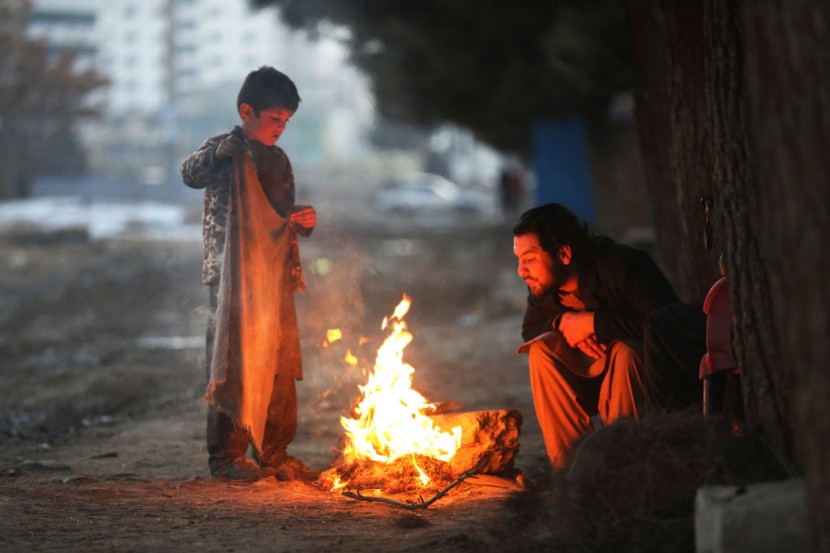The UN refugee agency is sounding the alarm as almost half a million Afghans, facing forced returns from Pakistan, could be at risk of death due to harsh winter conditions if they lack adequate shelter.
The mass exodus began in early October when the Islamabad government announced a crackdown on foreigners in the country illegally, a move that has predominantly affected Afghan nationals, as per ABC News.
Afghanistan Forced Returns in Freezing Crisis

The forced returns are exerting immense pressure on both Afghanistan and aid agencies, with healthcare and essential services strained. As freezing temperatures set in, the situation at the border remains dire, and the UN refugee agency fears that vulnerable individuals, particularly women and children, may lose their lives without proper shelter.
In a report published on Friday, the agency highlighted the exhaustion and urgent need for assistance among those arriving at the border. Families expressed concerns about the colder winter temperatures, especially in mountainous regions, which might hinder an immediate return home.
Many are arriving with illnesses such as bronchitis, a result of the cold weather, and the challenging journey from Pakistan. Some lack essential belongings, including clothing, making them unable to protect themselves from the elements.
Compounding the crisis are families who have never lived in Afghanistan but have been living in Pakistan for one or more generations. They may not have homes or extended family to return to, adding to the complexity of the situation. The agency emphasized the need for cash to pay rent, and for those with existing social networks, staying with family or friends may be an option. Others may return to homes needing repair, and the agency pledged to provide tents for such households.
For those with nowhere to go and limited means, staying in camps near the border may be the only option, according to the refugee agency. However, this brings its own challenges, with extreme temperatures and limited access to clean water and sanitation leading to a surge in infectious diseases and malnutrition, according to Los Angeles Times.
Taliban Aid, Challenges for Afghan Women and Girls
A Taliban committee claims to be distributing essential items, including food, water, SIM cards, clothing, and cash, at key border crossings, providing information about Afghanistan, the Islamic system, temporary living arrangements, registration, and relocation.
Amid the crisis, Afghan women and girls face additional challenges, dealing with Taliban restrictions that could impact their mobility, access to information, and services if they don't have a male relative.
The UN Women agency expressed similar concerns following October's deadly earthquakes in Afghanistan's west. Approximately 80% of Afghans returning through key border crossings are women and children, many of whom have lived through distressing experiences in Pakistan, including illegal detention, witnessing family members' arrests, and being separated from relatives.
Women reported being compelled to surrender possessions in exchange for transportation, leaving all belongings behind, or having their income taken by Pakistani authorities. The crackdown on Afghan refugees has sparked widespread condemnation from rights groups, the Taliban, aid agencies, and the United Nations. As winter intensifies, international attention is crucial to addressing the urgent humanitarian needs of Afghan refugees caught in a complex and challenging situation, Independent reported.
© 2026 HNGN, All rights reserved. Do not reproduce without permission.








